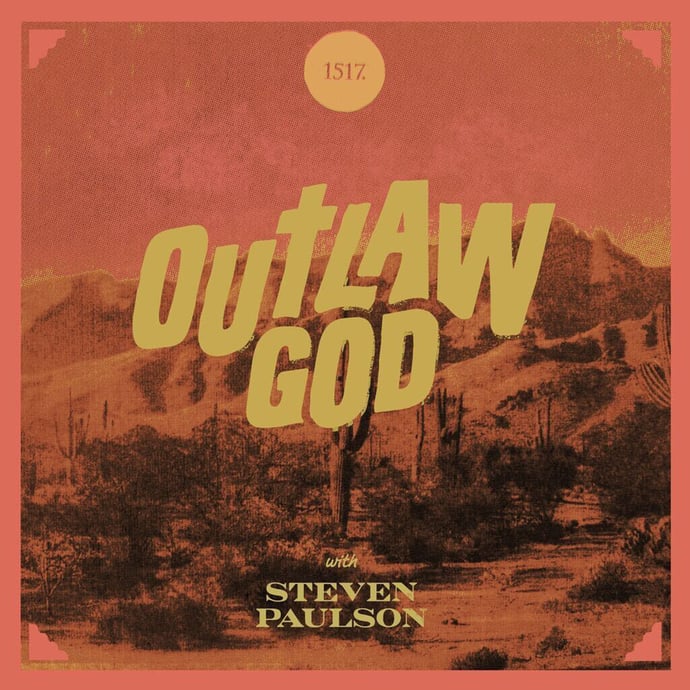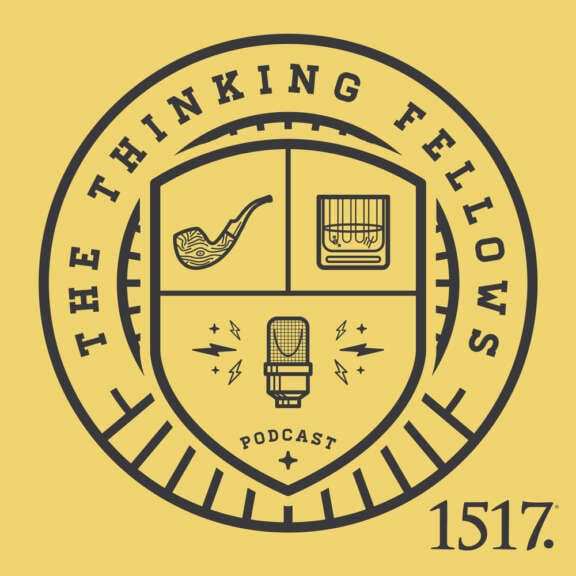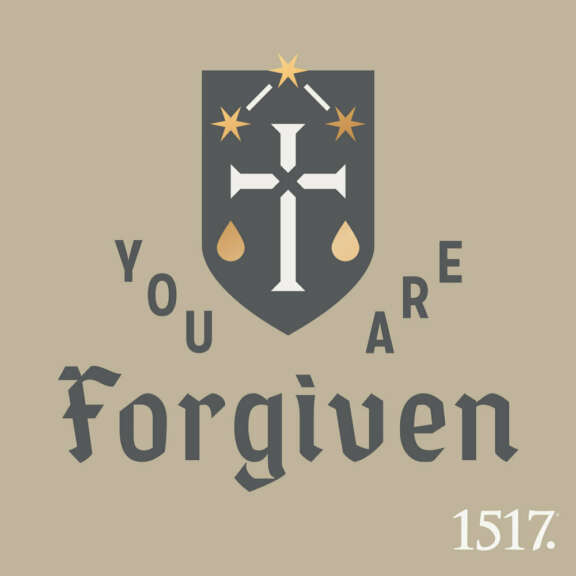In what way is the Church a remnant? Luther uses God's preservation of a remnant of faithful teachers and preachers throughout scripture and the Church against Erasmus and his argument that Luther stands alone.
Podcasts
Each 1517 Podcast is dedicated to delivering Christ-centered content through weekly, monthly, and seasonal audio platforms. Listen online or on your favorite podcasting app.
Author
- All Authors
- Aaron Zimmerman
- Adam Francisco
- Amy Mantravadi
- Blake Flattley
- Bob Hiller
- Bradley Gray
- Brian W. Thomas
- Bror Erickson
- Bruce Hillman
- Caleb Keith
- Chad Bird
- Chris Rosebrough
- Christopher Gillespie
- Cindy Koch
- Craig Donofrio
- Dan van Voorhis
- Daniel Deen
- Daniel Emery Price
- Darrin Sheek
- David Andersen
- David Rufner
- David Zahl
- Debi Winrich
- Delwyn Campbell
- Donavon Riley
- Doug Klembara
- Edward Killian
- Elyse Fitzpatrick
- Erick Sorensen
- Flame
- Grant Klembara
- Gretchen Ronnevik
- Haroldo Camacho
- Jacob Smith
- Jared C. Wilson
- Jeff Mallinson
- Jeffrey Pulse
- Jessica Thompson
- Jim Nestingen
- Joel Fitzpatrick
- Joel Hess
- John Andrew Schreiner
- John Bombaro
- John T. Pless
- John W. Hoyum
- John Warwick Montgomery
- Katie Koplin
- Kelsi Klembara
- Ken Sundet Jones
- Magnus Persson
- Matt Popovits
- Michael Berg
- Michael Horton
- Nick Lannon
- Paul Koch
- Peter Nafzger
- Philip Bartelt
- Raleigh Sadler
- RJ Grunewald
- Robert Kolb
- Rod Rosenbladt
- Ron Hodel
- Sam Leanza Ortiz
- Sarah Condon
- Sarah Crowder
- Scott Davis
- Scott Keith
- Steven Paulson
- Tanner Olson
- Troy Neujahr
- Uwe Siemon-Netto
- Wade Johnston
- William Cwirla
-
In episode THREE HUNDRED AND TWELVE, Mike, Jason, and Wade discuss the Protestant fear of formalism, or ritualism?
-
You May Be Right… In this episode of Banned Books, we read Anselm of Canterbury’s Meditation on Sin and Penance. We discuss the consequences of sin, the Fountain of Mercy, Jesus’ excuses, the doctrine of simul iustus et peccator, theological presuppositions, and how we speak influences our behavior.
-
Dig, Lazarus, Dig! In this episode of Banned Books, we read St. John Chrysostom’s sermon on the Rich Man and Lazarus — wealth, poverty, Satanic feasts, ivory beds, spiritual warriors, Chaldean comfort dogs, and the dangers of actors and perfume on this podcast episode.
-
Luther explains that the church embraced free will not because of Scripture but just as the Trojans embraced the Greek's wooden horse.
-
In episode THREE HUNDRED AND SEVEN, Jason and Wade discuss various terms used to describe Christian churches and which ones apply to Lutherans today.
-
Good Christians, One and All Rejoice? In this episode, we read Origen’s response to Celsus about whether or not Christians are detrimental or beneficial to society. Does the Church uplift or undermine culture? What part does faith play in living a virtuous life?
-
Superabundance. In this episode, we read Origen’s commentary on St. Paul’s epistle to the Romans. We discuss the accusations leveled at Origen’s orthodoxy, exegetical method, and critique of Marcion and discuss how what was written so long ago is relevant to Christians today.
-
The Thinking Fellows dive into the life and work of the Venerable Bede, one of the most influential figures in early Christian history.
-
Same Old Story.. In this episode, we read various Christian and non-Christian sources from the first two centuries, discussing their understandings of Jesus Christ, the church, law, and the Gospel, and the effect of the Christian faith on people in Roman society.
-
Pastor Sheek Teaches On John 8:31-36
-
The Fellows discuss St. Gregory of Nyssa's Catechetical Discourse, a series of objections and answers to confessions of the Christian faith.




